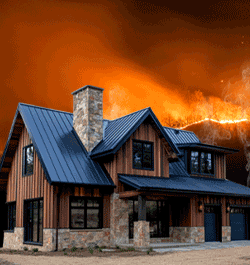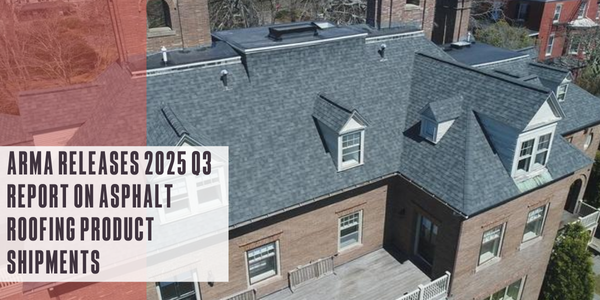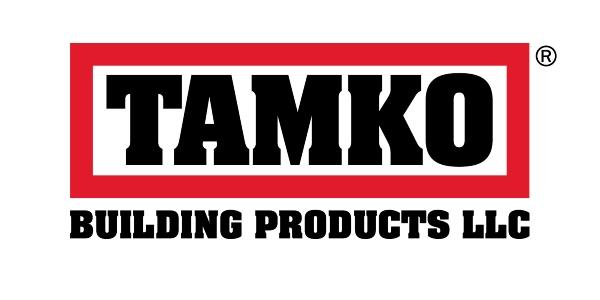How to Balance the Busy Season With Unprecedented Material Shortages

By Gary Thill, IRE.
Getting the job done is becoming increasingly difficult, here is an expert's advice on how to manage material shortages.
The shortage of key materials to fix seasonal storm damage is complicating the upcoming busy season. Given the massive disruption, communication and resourcefulness from roofing professionals is more important than ever. Roofers are turning to unlikely allies and having conversations with clients and customers they never had before.
“Over my 40-year career, I have not seen a disruption like this,” said NRCA CEO Reid Ribble, during a special Live Action Alert that drew about 500 participants. “It’s not just the ability to get raw materials. It’s also getting a truck to deliver the materials,” he added, noting the trucking shortfall that’s exacerbating supply chain issues.
Ribble said the roofers face “disruptive problems” with asphalt shingles, light-weight metal, fasteners, reinforcement mats, polymers and insulation. The bottleneck is the result of a confluence of events that include the pandemic, fires in the PNW, numerous hurricanes, the Texas energy freeze, the blockage of the Suez Canal and ongoing trade war-related tariffs.
“The challenges are not going away anytime soon,” Ribble predicted, saying he expects them to continue into winter.
During the online event, Ribble recommended that roofers:
-
Communicate, communicate, communicate!
-
Participate in industry surveys to let us know your anticipated future demand.
-
Communicate with your specific distribution and manufacturing suppliers of your needs. Both current and future.
-
Communicate with your CUSTOMER! And do it repeatedly and often about any changes in your anticipated delivery date.
-
When you sign contracts make sure you cover yourself on future price increases and potential delays.
Along with frequent communication, Mark Graham, NRCA’s vice president of technical affairs, also urged roofers to share price and schedule risk with building owners. He said roofers should be especially cautious about any work with a specific completion date or liquidated damages clause such as school work. When it comes to such work, Graham suggested that roofers make clear the challenges they face and then try to come up with creative solutions, such as:
-
Work in certain areas of the school after hours.
-
Work over long weekend breaks or holidays.
-
Spread the work over multiple school years.
But he also urged roofers to get proactive in working with manufacturers and “UL or FM professionals” to find material substitutions necessary to keep work going.
"Get in touch with that building professional, because they will hold the key to what can be substituted,” he said, adding. “The key is any substitution needs to be well documented.” He also said roofers should work with building officials, who have the authority to approve materials that are tested within FM and UL requirements even if they're not tested by those agencies themselves. "That building official can actually be an ally,” he added.
Graham’s specific recommendations were:
-
Coordinate with manufacturers: Any substitution should be well documented.
-
Coordinate with GCs/CMs and/or designers/consultants: Any substitution should be well documented.
-
If the project is FM Global insured, coordinate with the FM Global engineer assigned to the project: Get an updated project approval letter noting any substitutions.
-
Communicate with the building owner.
-
Coordinate with the AHJ (building code official).
“We’re all in this together, so let’s figure out a way to move forward,” Graham said.
Learn more about IRE in their RoofersCoffeeShop® Directory or visit www.theroofingexpo.com
Original article source: IRE





















Comments
Leave a Reply
Have an account? Login to leave a comment!
Sign In